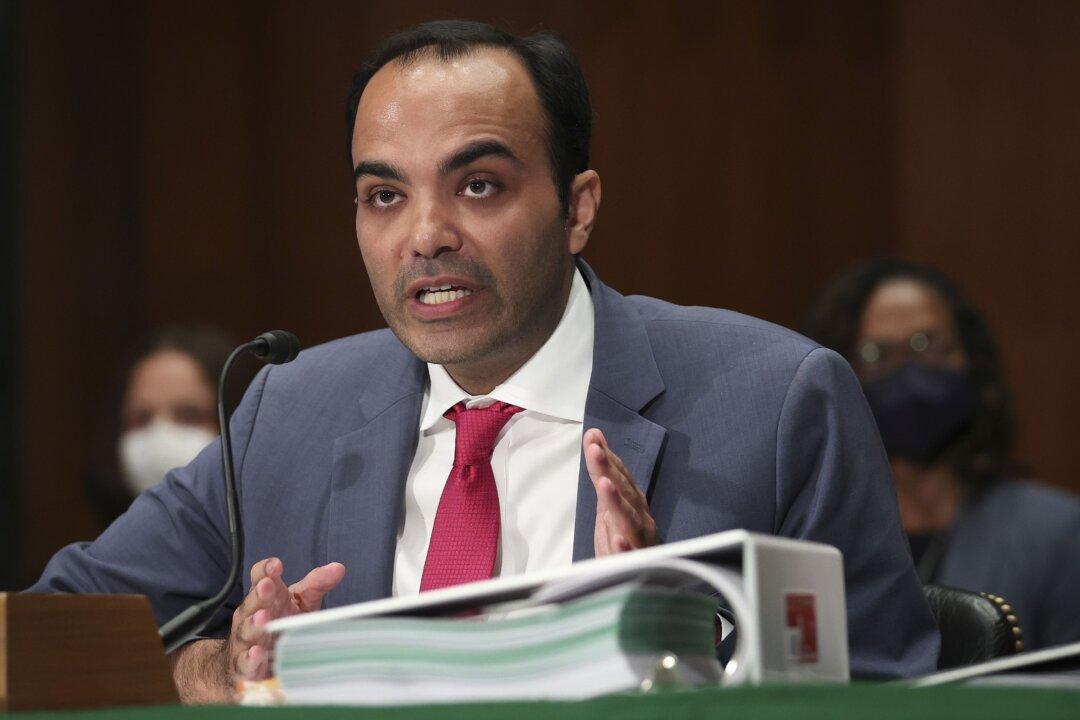A top federal financial regulator said he was considering investigating PayPal for a policy that it has now rescinded that would fine users $2,500 for spreading “misinformation.”
Consumer Financial Protection Bureau Director Rohit Chopra told CNBC suggested that the policy, which PayPal said over the past weekend was issued in error, was too extreme.





